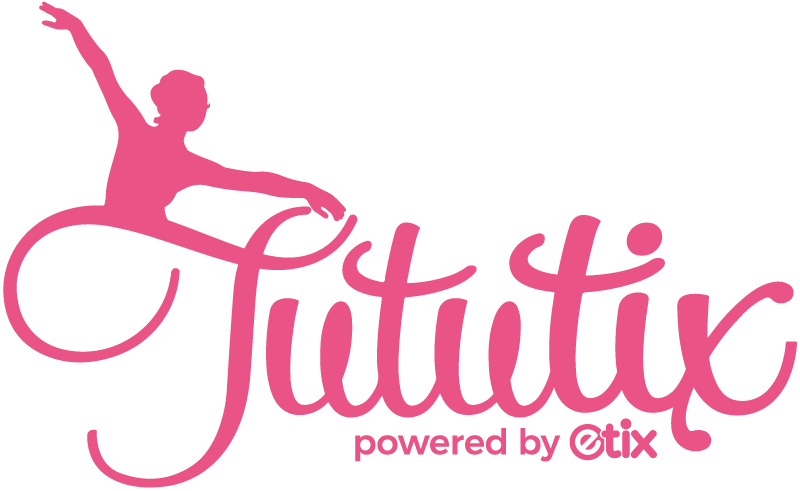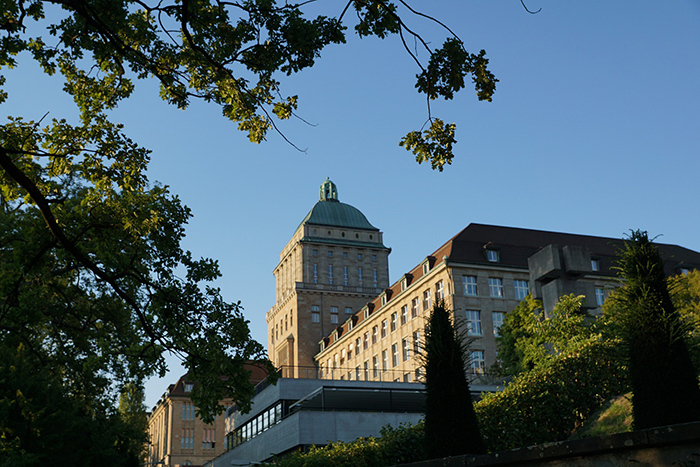If you’re considering dance as a profession, earning a university degree can and should be on your radar. While a degree in dance is certainly not the only option available for dreamers looking to dedicate themselves to the art, it is a well-established path to technical proficiency and documentable learning. As you start preparing applications for dance schools, follow this guide to help you pick a school that will be the best fit for you and your ambitions.
Prepare A Career Plan
Where do you want to be in 10 years?
Your long-term goals will help determine the best plan for you, especially as you choose a school of higher education. Different schools have different strengths, and some programs might be a better fit for performers looking to join a dance company, while others might be a great fit for dancers looking to open a studio and engage their communities. Do your homework and find out which dance programs fit your ambitions the best, and follow-up by making sure the school itself will also be a comfortable fit for your personality. A list of the big picture items to research might include:
Dance Faculty Members
Performance Opportunities
Admissions Requirements
Tuition/Fees
Geography
While not the only points to consider, these are a great start and will help to whittle down your choices and help focus your application efforts.
Talk to Your Teacher
Your teachers want you to succeed, and will do everything they can to help guide your way forward. Use them as the valuable resource they are! Dance teachers have been through the trials of university training, company training, a combination of both, or a variety of other dance experiences. They are your resident experts. The internet can tell you plenty, and you should use online resources to better inform your ideas. But the resources to rely on are your teachers: they have direct insight into the higher levels of dance education, and their networks of professionals will be able to guide you with more meaningful advice than any website.
Before you start digging into the deeper questions, however, be sure to be prepared with the goals and ideas we mentioned earlier. Having an idea of what you’re looking for with your degree in dance will better inform your teachers and put your situation into context for them. And, be open to their feedback about your goals! They know your progress better than anyone, and will offer advice that can help you confirm (or reconsider) your ideas.
Here are a few ideas for questions to ask your teachers:
What are some programs you might recommend for me?
I’ve put together some ideas for audition choreography, can you help me refine my pieces?
Should I study dance one more year before applying to universities?
Could you write a letter of recommendation for me?
Don’t Forget About Other Areas of Study
One could study dance his/her entire life and learn something new every day. But in the context of a college degree, arming yourself with a variety of different skills and ideas will only help you in the future. Use the time and learning opportunities to your advantage, and make sure to take academic classes that will challenge your understanding and build you up as a well-rounded individual.
The Juilliard school of dance, one of the more prestigious institutions in the world, incorporates a liberal arts curriculum into their degree program. That means that they require students to take classes in a variety of subjects besides their main degree in dance program. Keeping the idea of liberal arts in mind, consider taking business classes to help you run a studio, art history classes to put your creative elements in context with the world, or theatre to challenge your performing skills in a different way. The more exposure you get to different ideas, the better equipped you will be after graduation.



